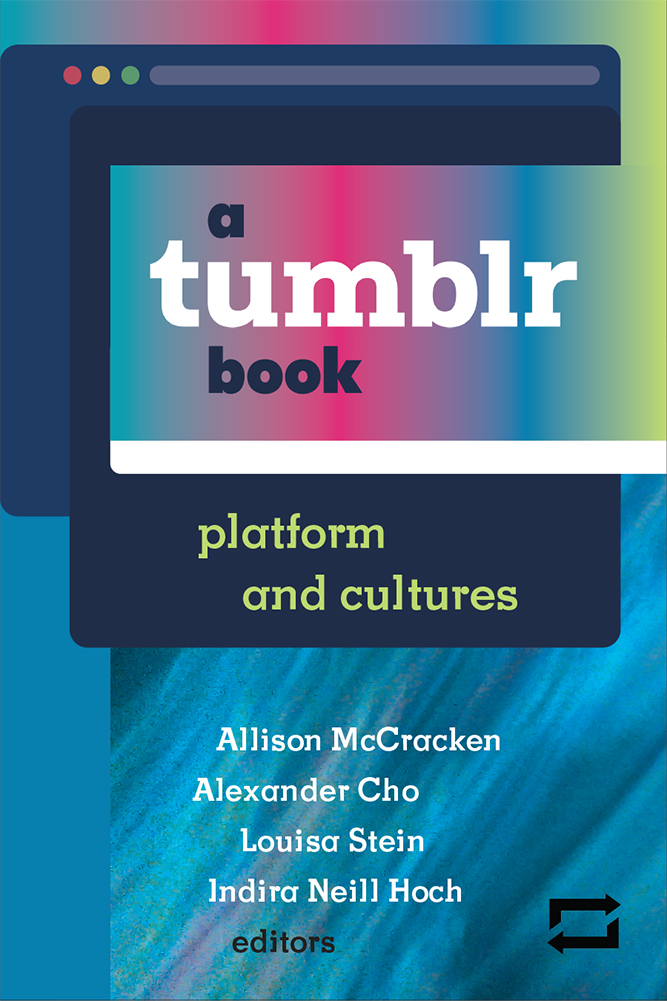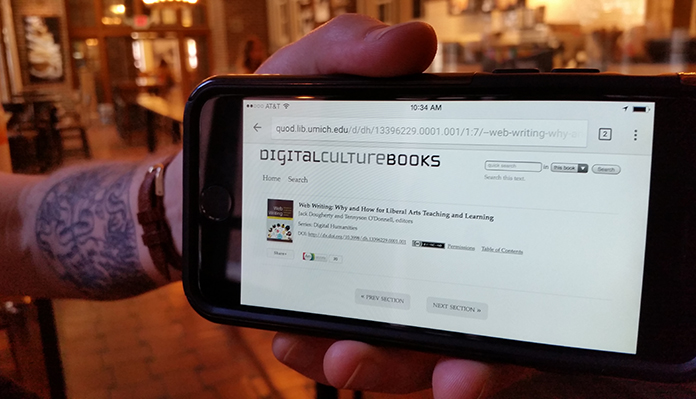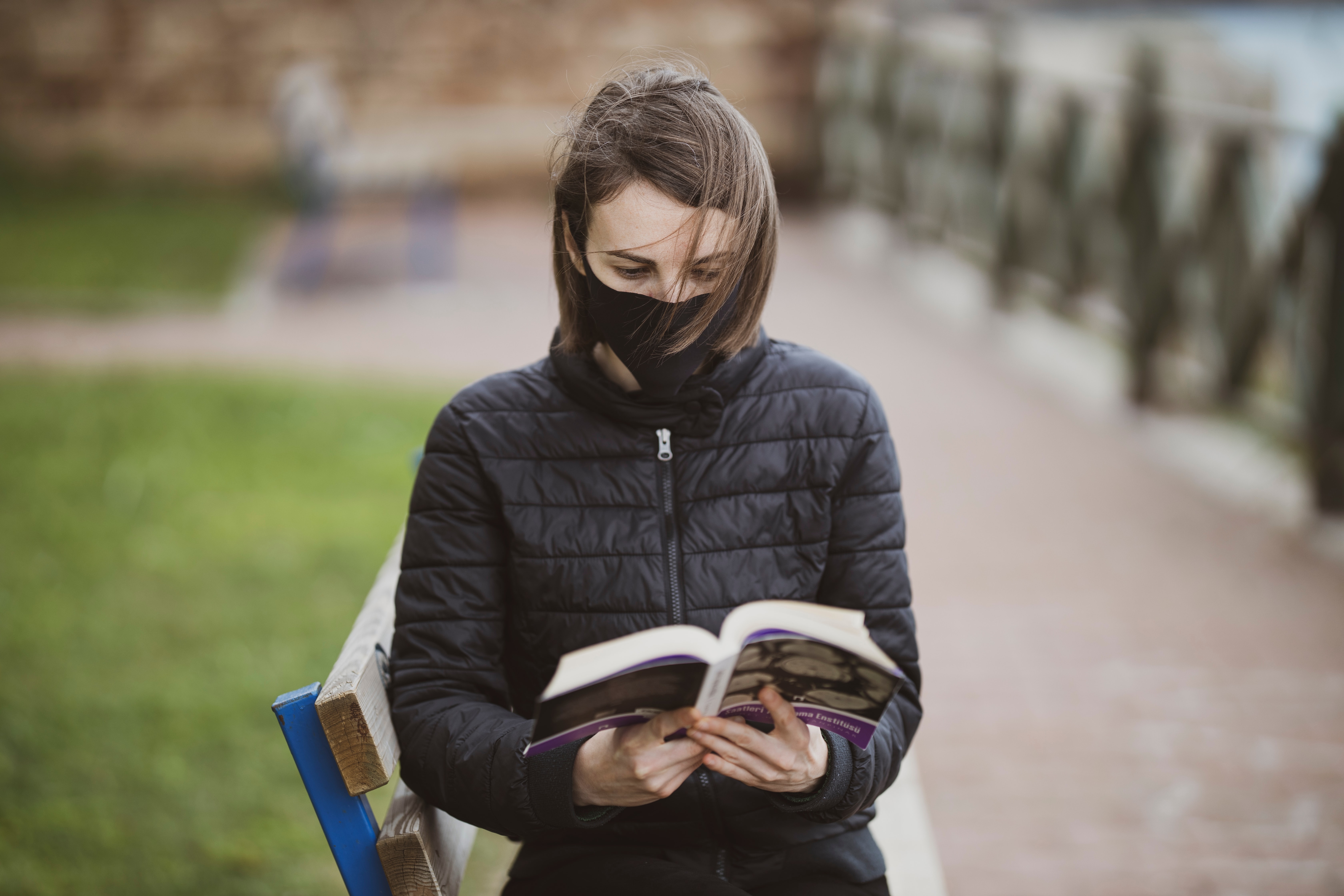Democracy, Civic & Global Engagement | Life-Changing Education
Breaking Down the Paywall: Author Relationships with Open Access

This year marks the 50th anniversary of when Michael Hart digitized the Declaration of Independence, creating what is commonly considered the first ebook. Since then, innovation in the realm of digital publishing has only accelerated. Optimizing scholarship for the digital age has resulted in the creation of new formats of publishable materials; emphasized the importance of accessible websites, articles, and books; and has resulted in more people, in more places, having access to more content.
But the increase in digital scholarship has brought its own pitfalls: many libraries can’t afford to adopt collections for their institutions. International paywalls reduce the amount of scholarship going out to global scholarly communities. In reaction, there has been a push towards more inclusive publishing initiatives. University presses have led the charge with the growth of their free-to-read programs and experiments in funding open access monographs. For example, with the launch of its Fund to Mission program, the University of Michigan Press seeks to make the majority of its new monographs open access by 2023. Though the program is still in its early stages, our Spring 2022 catalog shows that more than half of the authors have chosen to make their scholarly UMP titles open access.
Open Access Week creates a space for conversation about these new approaches, their challenges and opportunities by bringing together an international community of publishers, scholars, and other OA advocates to discuss the ways in which open access knowledge can impact structural equity.
Open access starts with author choice. In order to more deeply explore these issues, Michigan Publishing has invited authors to discuss the impact of Open Access on their scholarship and on the way they view diversity, equity, and inclusion in their fields. What does open access mean for our authors? Changes in the digital landscape and advancements in open access inspire questions, concerns, and sometimes, a lot of anxiety about the future of publishing. But they also present new possibilities for the ways we view scholarship and for expanding global communication pathways to include new voices.
Digging Deeper with Theater as Data
When author Miguel Escobar Varela started writing his manuscript for Theater as Data (University of Michigan Press, 2020) he knew he wanted his book to be open access. Theater as Data: Computational Journeys into Theater Research explores the use of computational methods and digital data in theater research, and examines important contributions to theater studies from similar computational research, including in classical French drama, collaboration networks in Australian theater, contemporary Portuguese choreography, and global productions of Ibsen. Though the fields of data and computational science and performing arts at first seem disparate, Miguel found they resonated with one another and realized that a broad audience would benefit from having access to this research.
From his experiences growing up in Mexico and then moving to Southeast Asia to teach, Miguel realized that libraries didn’t always have sufficient funding or resources to purchase new books, something he discusses more in the Michigan Publishing podcast. Making monographs free to reuse narrows the affordability gap for institutions and scholars and allows institutions globally to interact with, consume, and build upon scholarship.
Open access editions can contribute to a wider circulation of knowledge,” he said. “I knew that an open access edition would reach a wider audience, and this changed how I framed the first part of the book, which discusses epistemology, statistics, and visualization in a way that speaks to researchers that may not be familiar with theater scholarship.
By taking full advantage of open access, Miguel allows readers to interact with his own computational theatre research: in addition to the text itself, Theater as Data provides code and research files, videos, programming tutorials, and illustrative data so that readers can delve into his analysis. Miguel’s relationship to open access allowed him to express his ideas in the way that he wanted, knowing that many, instead of just a few, could interact with his scholarship. “We need to be able to openly share data, code – and especially ideas – if we want this field to develop. If the book had not been planned for open access, I wouldn’t have been able to present this argument with confidence.”
To learn more about Theatre as Data, click here.
This open access version is made available by the National University of Singapore.
The Case of Writing Pirates
For Yuanfei Wang, the immediacy of open access scholarship led the way for her own OA monograph: Writing Pirates: Vernacular Fiction and Oceans in Late Ming China is the first English-language book in the field of Chinese studies to discuss the sea and pirates in early modern Chinese literature.
During the COVID-19 pandemic, when many libraries were closed physically, Wang’s research greatly depended on finding and reading digitized books online. “One day, the pandemic will be over, but people's need for digitized books will continue to grow,” said Yuanfei. “Creating books for open access will promise to meet people's needs in the digital age.” For those who may not always have access to large libraries, the ability to find a book online could impact the way someone interacts with a subject, genre, or the rest of the world, according to Wang.
Wang's book makes waves in the field of Chinese literature studies: current scholarship of early modern Chinese literature does not address connections between Chinese literature and this important transnational history. With making this title open access, she hopes “Readers from around the world can enjoy Chinese literature - interacting with exciting stories about pirate kings, treasure islands, and more importantly, learn more about foreign countries and their concerns for outlaws, the underprivileged, and the Chinese diaspora.” By taking such an impactful approach to her scholarship, her open access monograph is accessible internationally, beyond Western scholars. Although the book was published as open access, rights opportunities did not erode: interest in translations and rights flourished, despite the monograph being freely accessible.
Many scholarly books are not for profit. So when approached with the idea of making my monograph open access, I was happy to make the book free for the public. I’m honored to see many people finding my book useful, interesting, and enlightening.
To learn more about Writing Pirates, click here.
This publication was made possible in part by an award from the James P. Geiss and Margaret Y. Hsu Foundation.
Exploring Digital Culture with a tumblr book
But what about reaching audiences that don’t necessarily fit the typical academic narrative? When it came to a tumblr book: platform and cultures, editors Alexander Cho and Allison McCracken understood the importance of a book about the cultural powerhouse, Tumblr, being written in an accessible way for readers. A site home to youth, LGBTQ+, BIPOC, low-income individuals, sex workers, and other marginalized communities, editors Allison McCracken, Alexander Cho, Louisa Stein, and Indira Neill Hoch sought a publisher who could give these communities access to the stories they helped tell. “Tumblr became the culturally significant platform it is because of its users, and we created this project to underline that,” said Allison.
“It felt strange to potentially publish a book about Tumblr that those same populations would not be able to read because of cost or access barriers,” said Alexander. “Open access was vital because Tumblr is a platform that is historically home to many different marginalized populations.” After considering several publishers, their needs brought them to Michigan Press, which shared their commitment to making the book available in the most accessible way possible. This meant securing funding through the Press, but also their home institutions, a process that acquisitions aided them throughout. But this also meant the writing from contributors was accessible so that audiences didn’t feel ostracized by a University-affiliated volume.
And when the book hit the Twittersphere, the editors said it made its way around the world in a matter of hours, with members of Tumblr communities excited to see their impact. Readers were interacting with the content most relevant to them, holding classroom discussions and online conversations with editors, to really dig into the material. “The fact that we did not have to go through a paywall or a corporate conglomerate to achieve worldwide distribution was extremely gratifying and very much in the spirit of Tumblr’s global access as a platform,” said Allison.
To learn more about a tumblr book, click here.
This Open Access edition is made available through financial support from Depaul University, Middlebury College, and the University of California President's Postdoctoral Fellow's Research Fund.
Into A Digital Future
Open access as a distribution model has allowed many to access information otherwise inaccessible to many - and authors are willing to go the distance to ensure others interact with the stories they want to tell. From creating equity in their own communities, telling stories not told before, or building stronger bonds in communities that have otherwise been ostracized, publishers and authors dedicated to these missions continue to grow. As we see more open access opportunities across data, monographs, and publishing overall, the ability to create, learn, and share across open, accessible pathways continue to grow.
Books:

a tumblr book: platform and cultures
Indispensable guide to the social media platform that shaped a generation’s politics and culture
by Allison McCracken, Alexander Cho, Louisa Stein, and Indira Neill Hoch, editors

Theater as Data: Computational Journeys into Theater Research
Demonstrates how quantitative digital tools for theater researchers can provide fresh insights
by Miguel Escobar Varela
Explore more stories:

Advanced Technology | Life-Changing Education | Human Health & Well-Being
Born-accessible Publishing is Good Book-making for Everyone
Michigan Publishing is committed to leading on accessibility and disability issues. When readers with visual impairments couldn’t effective…

Democracy, Civic & Global Engagement
What Happens When Ebooks are Free-to-Read? Reflecting on UMP's COVID-19 Response
Between March 20 and August 31, 2020, the University of Michigan Press made all the titles in its hosted ebook collection, the University o…